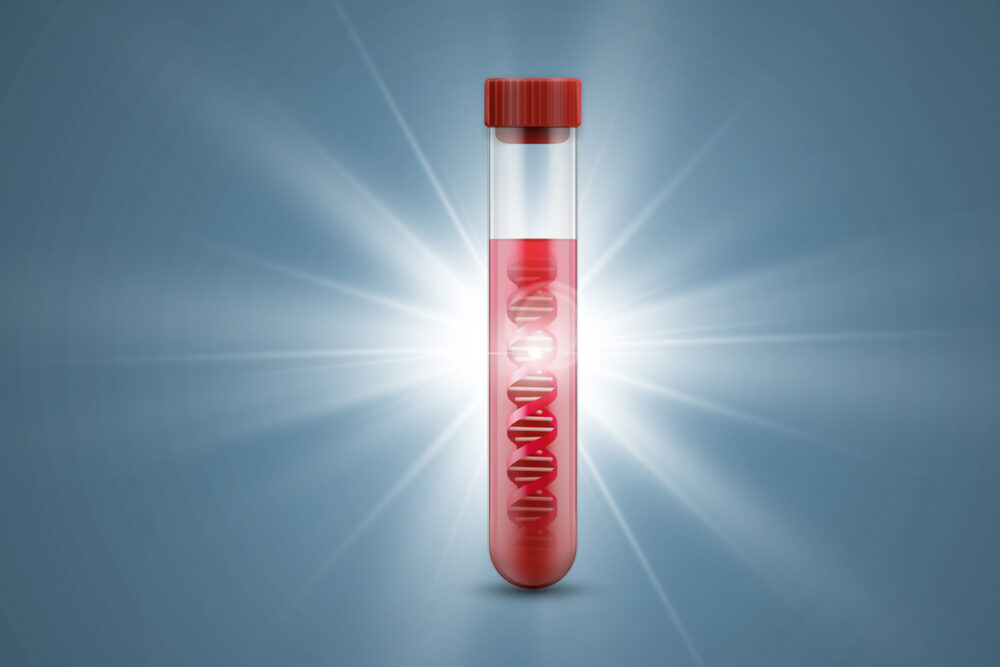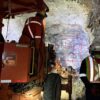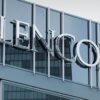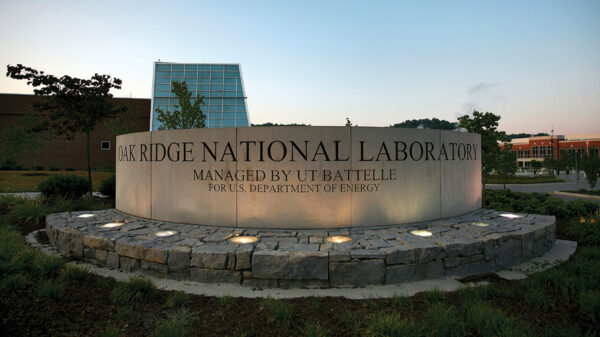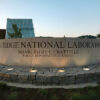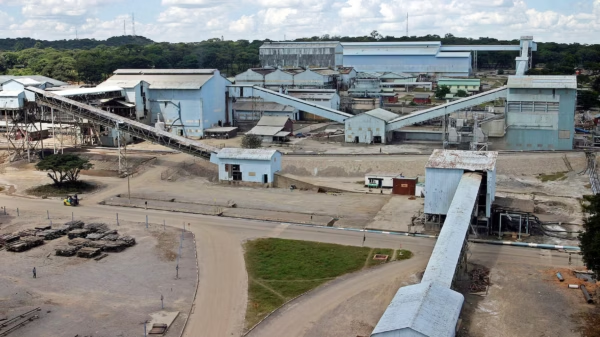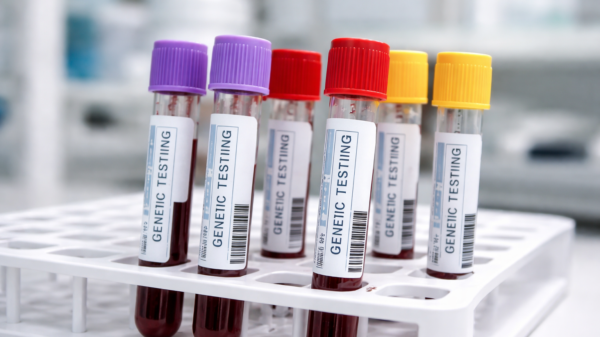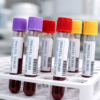An Australian-based biotech company has demonstrated a new and novel way to detect lung cancer.
Angle Plc (LON: AGL) (OTCMKTS: ANPCY) revealed on Tuesday that its Parsortix liquid biopsy system combined with sequencing can uncover genetic differences missed by standard blood-based tests in lung cancer patients.
Researchers presented the study today at the European Association for Cancer Research congress in Lisbon. It highlights the benefits of analysing DNA from both circulating tumour cells (CTCs) and cell-free tumour DNA (ctDNA) in the same blood sample. Angle said this approach offers a broader view of tumour genetics, which may improve the precision of cancer treatment.
The team developed the study in collaboration with US sequencing company Illumina Inc (NASDAQ: ILMN). They used both laboratory-controlled and real-world samples. Furthermore, they tested blood from 27 lung cancer patients in the second phase. Researchers applied a 79-gene panel to analyse the samples. Additionally, the results suggest that combining CTC and ctDNA analysis could offer deeper insight into tumour evolution.
Researchers found that more than half of the mutations appeared only in CTC-DNA, while just over a third were exclusive to ctDNA. Only a small number of mutations were present in both.
“This study demonstrates the unique value of ANGLE’s DNA dual analysis approach, which combines sequencing of CTC-DNA and ctDNA from the same blood sample to uncover critical differences in tumour biology,” said Karen Miller, chief scientific officer.
Notably, the team detected several actionable mutations solely in the CTC-DNA. These included alterations in genes such as CHEK2, ESR1, NTRK1, and RET, which are genes linked to therapies from AstraZeneca (NASDAQ: AZN), Roche, Pfizer (NYSE: PFE), and others.
Read more: Breath Diagnostics pioneers novel lung cancer breath test
Read more: Breath Diagnostics takes aim at lung cancer with One Breath
Liquid biopsy is non invasive
Angle said its dual analysis approach may give drug developers better tools to identify resistance mechanisms and match patients with targeted treatments. Furthermore, it could help reduce reliance on invasive tissue biopsies and support smarter clinical trial design.
Liquid biopsy is a non invasive method that analyzes blood samples to detect cancer-related genetic material, such as ctDNA or CTCs. It allows doctors to monitor tumour mutations, track treatment response, and detect relapse early.
Companies like Guardant Health (NASDAQ: GH), Foundation Medicine, and Freenome are advancing liquid biopsy technologies.
Additionally, these tests help reduce the need for tissue biopsies, which can be risky and painful. Researchers continue refining the technique to improve sensitivity and accuracy. Liquid biopsy is quickly becoming a key tool in personalized cancer treatment.
Demand for alternative lung cancer diagnostics is growing as patients and clinicians seek less invasive, faster, and more precise tools. Traditional biopsies carry risks and delays.
Consequently, technologies like liquid biopsy and advanced imaging are gaining traction. These methods offer earlier detection, better monitoring, and improved outcomes for lung cancer patients.
Companies are racing to develop non-invasive lung cancer diagnostics beyond blood tests.
Breath Diagnostics has created OneBreath, which analyzes a single exhale using microreactor chemistry and mass spectrometry. It demonstrated 94 per cent sensitivity and 85 per cent specificity in over 800 patients.
Additionally, BreathDx.ai aims to commercialize its micro gas chromatography–based “Breathguard” test in 2024. Furthermore, researchers at South Korea’s ETRI developed the Breath X AI system with 95 per cent accuracy using 70 sensors and deep learning. These innovations offer fast, accessible, and patient friendly alternatives to traditional screening.
.
joseph@mugglehead.com

